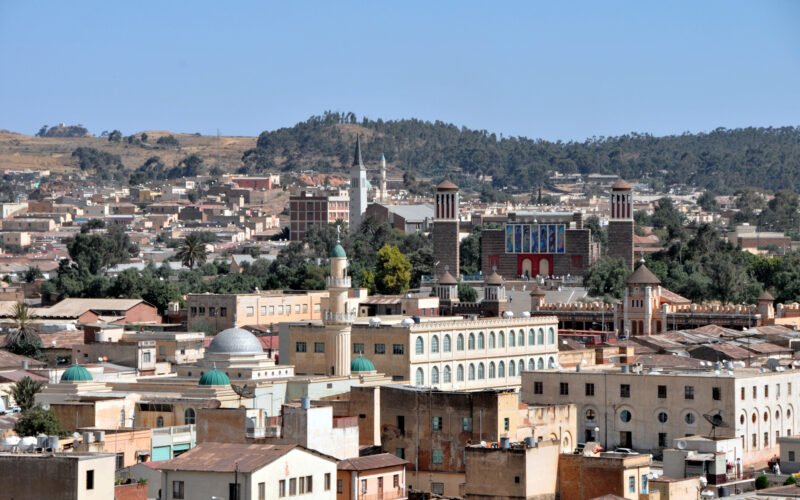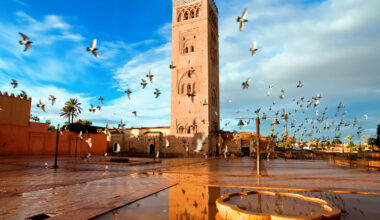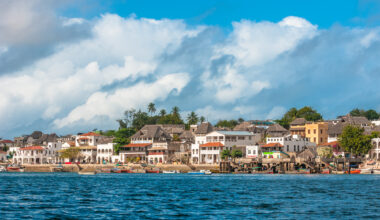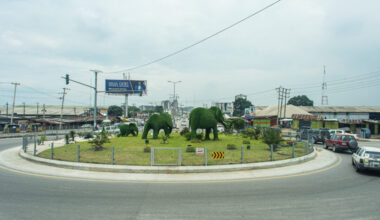By Jane Darragh
Eritrea lies in East Africa, bordered on the northeast and east by the Red Sea. A former Italian colony, Eritrea was occupied by the British in 1941. In 1952, the United Nations federated Eritrea with Ethiopia as a compromise between the latter’s request for sovereignty and the former’s aspirations for independence. Following a long war of independence (1961-1991), Eritrea separated from Ethiopia peacefully in 1993. However, border disputes have continued, resulting in a large-scale war between the two countries in 1998-2000. Although this turbulent history is a factor that the would-be visitor should consider when planning any trip, Eritrea can nonetheless offer the traveller an adventure like no other.
From un-spoilt tropical beaches to breathtaking mountain ranges, Eritrea boasts a unique and diverse landscape. Whether it’s diving in crystal clear waters, or sailing around uninhabited islands, Eritrea gives the traveller the chance to experience such pursuits in a wonderfully exciting setting.
Eritrea is a multicultural and multilingual country, with no official language, but three working languages: Tigrinya, Arabic, and English. Amharic and Italian are still spoken amongst the older generation.
The visitor to Eritrea will certainly experience the influences of diverse cultures, one of the most obvious being that of Italy, and throughout the capital city of Asmara, it’s common to see cafes serving espresso.
Eritrea’s climate can be a little unforgiving between June and August when the country experiences its highest rainfall in the highlands and the west, and the sun scorches the eastern lowlands. The best times to visit are between October and March. The traveller might want to plan his or her visit to coincide with one of the country’s religious festivals. The festival of Timkat, when the baptism of Jesus is re-enacted, takes place in January, and Meskel, which is held in September, is when the new harvest is gathered, and people celebrate around bonfires. In June, the capital Asmara comes alive with music and drama shows, entertainment for children, and art exhibitions at the Eritrean Festival.



